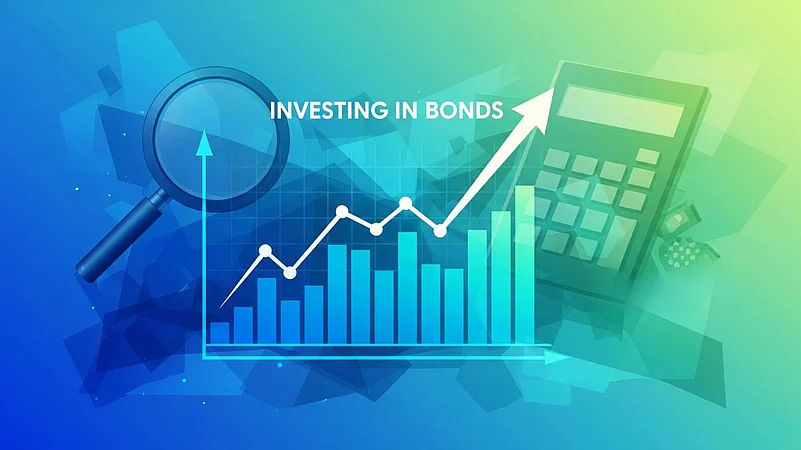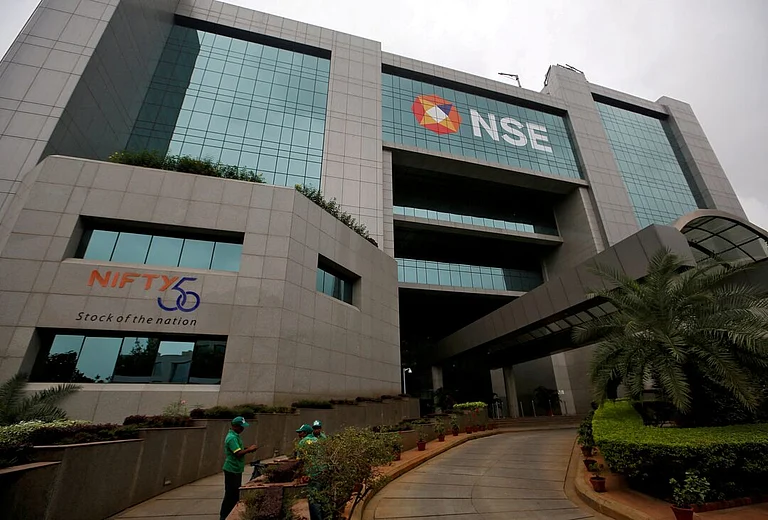For investors who want stable returns and want to avoid the ups and downs of the stock market, bonds are becoming a popular option. With more and more online platforms now making it easy to invest in bonds, getting started is becoming simpler than ever before.
Amid a growing investor appetite for fixed-income assets like bonds, the National Stock Exchange (NSE) and the Bombay Stock Exchange (BSE) have issued a joint advisory note, urging investors to understand the underlying features, risks, and costs associated with such investments in order to make better informed decisions.
Some Basics NSE, BSE Want You To Know
Yield-To-Maturity (YTM): One of the most important concepts to understand is YTM, the exchanges said. YTM represents a bond’s annualised return if held till maturity. However, the exchanges noted that it can change depending on market interest rates, liquidity conditions, time to maturity, and issuer credit quality. Investors who sell before maturity may end up earning far less than the stated YTM.
“Generally, when a bond’s price is below its face value, its YTM is higher than its coupon rate, and vice versa,” the exchanges said.
Coupon Rate: The coupon rate is the fixed annual interest that a bond pays every year. It is calculated as a percentage of the bond’s face value, and is typically paid out to investors on a semi-annual or annual basis.
However, the NSE and the BSE cautioned that these payments are not entirely risk-free. “They are dependent on the financial health and credit reliability of the issuer. Any delay or default in payments can adversely affect investor returns,” the exchanges said in their joint advisory.
Relationship Between Bond Prices And Yields: The exchanges also noted an important concept that many investors tend to overlook - the inverse relationship between bond prices and yields.
“When interest rates in the market rise, bond prices fall, leading to higher yields, and when interest rates fall, bond prices increase, lowering the yield,” the exchanges said.
The exchanges further said that this inverse relationship is key to understanding interest rate risk and how bond prices can move in the secondary market.
Transaction Costs: Many online platforms promise “zero brokerage” or “no hidden charges,” but the NSE and the BSE say that investors should be careful. In their advisory, the exchanges explained that lowering transaction costs can slightly improve the effective YTM, by lowering the overall cost of investment.
The exchanges also warned that investors should not rely solely on headline yields and should always take into account all associated costs, fees, and tax implications when evaluating their actual returns.
What Should Investors Do
The NSE and the BSE have shared a few important factors that investors should check before buying bonds online.
Credit Rating: Investors should look at the bond’s credit rating and see if the issuer has a good record of making payments on time. Credit rating indicates the issuer’s ability to meet repayment obligations. Higher ratings mean lower risk, but typically lower returns.
Liquidity: Check whether the bond can be easily sold in the secondary market, especially during emergencies or volatile periods.
Settlement Timelines: Understand how long it takes for the transaction to complete once the bond is bought or sold.
Tax Implications: Interest earned on bonds is taxable, and capital gains taxes may apply depending on how long the bond is held.
Further, the exchanges advised investors to verify whether the platform they are using to invest in bonds is registered with the capital markets regulator, the Securities and Exchange Board of India (Sebi), or not.
The exchanges also advised investors to carefully read all the disclaimers on the platform, understand the terms and conditions before investing, and make sure that all transactions are done through safe and properly regulated systems.
“Lack of awareness or understanding of these aspects can result in misjudged risks and potential capital loss. Therefore, investors are strongly advised to conduct due diligence before proceeding with any bond investment,” the exchanges further said.














